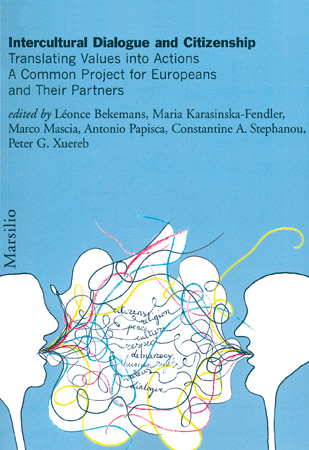Collections

Urban Environment of Intercultural Dialogue in Europe: Why Cities Matter in Building a Democratic «Urban Civitas»
Léonce Bekemans (2007)
- Contained in
- Intercultural Dialogue and Citizenship
- Pubblication type
- Articolo / Saggio
- Pages
- 113-134
- Language
- EN
Cities are increasingly seen as economic, political and social assets in the changing European societies. They are hubs for diversity, integration and intercultural meetings and are of vital importance to mobilise citizens. Being the closest level of governance to citizens, cities have an important responsibility to put in place structures and mechanisms that allow citizens to actively participate at all levels of democratic life. Cities’ experiences and (innovative) practices of democratic processes are therefore very relevant when developing a new (plural, democratic) citizenship. Within the emerging new urban environment, culture and intercultural dialogue are mobilising sources in building a democratic «urban civitas».
The working hypothesis of this paper is the importance and relevance of the creative urban edge of cities in developing active citizenship. Cities are seen in today’s Europe as major vehicles to create an «urban civitas», representing local communities of diversified values and practices at citizen level.
They are changing places where tradition is continuously confronted with modernity. They may offer inclusive and democratic environments for practising intercultural dialogue. The natural environment for intercultural dialogue is the city and the inclusive city should provide the ground for its achievement.
In a first part we present the broad conceptual context in which cities operate as meeting places, confronting past, present and future in various aspects of material and immaterial societal life. In a second part challenges and opportunities of cities in building creative and sustainable urban realities in Europe are analysed. The last part deals with policy conditions of urban democratic governance, conducive for citizens’ participation and intercultural dialogue practices. It is suggested that interconnecting cities on European cultural itineraries may create a borderless environment for intercultural practice between people.

